[ad_1]
“I am a documentarist,” clarifies young German photographer Valentin Goppel about his preferred style of photography. Having been exposed to photography at a very young age, he turned to it again during the pandemic a couple of years ago. We briefly chatted with him about his project “Between the Years,” which nabbed him a shortlist at the 42nd Oskar Barnack Awards by Leica.
Born in 1879, Oscar Barnack was a German inventor who created the Ur-Leica, considered to be the prototype for the first commercially produced 35mm camera. He was an engineer at the Ernst Leitz Optische Werke factory and coined the name Leica as an acronym for the words Leitz Camera. The Oskar Barnack Prize was first awarded in 1979, the 100th anniversary of his birth. Valentin Goppel is one of just a dozen candidates shortlisted for this year’s awards.
The Essential Photo Gear Used By Valentin Goppel
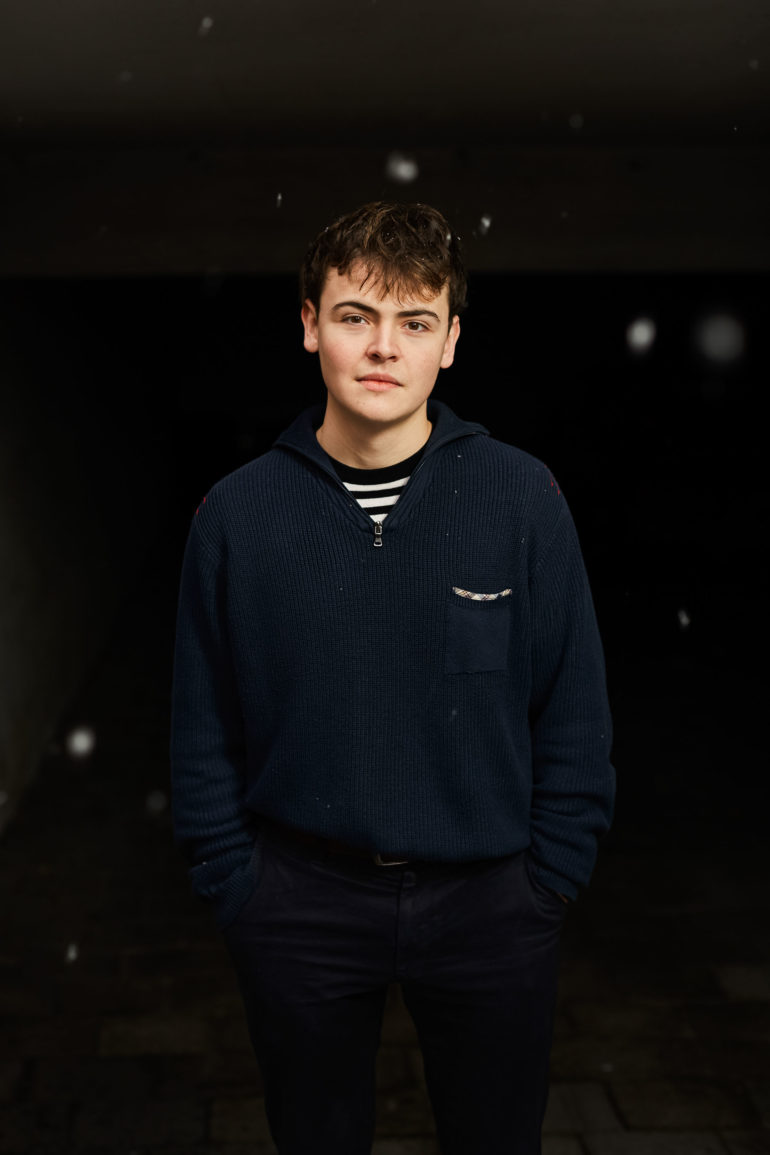
Valentin told us:
It’s eight years old, slow and bulky and the data is far from perfect, but I love it a lot
Valentin Goppel on his Pentax 645z
The Phoblographer: Hi Valentin. Congratulations on the Oscar Barnack shortlist. Please tell us about yourself and how you got into photography.
Valentin Goppel: It was my father that first introduced me to photography at a young age. He forced the golden ratio on me before I got to high school. At 18, I had my first solo photo exhibition. It led to an internship with German photographer Florian Hammerich who has since become an important mentor. Since September 2019, I have been studying documentary photography in Hanover, Germany.
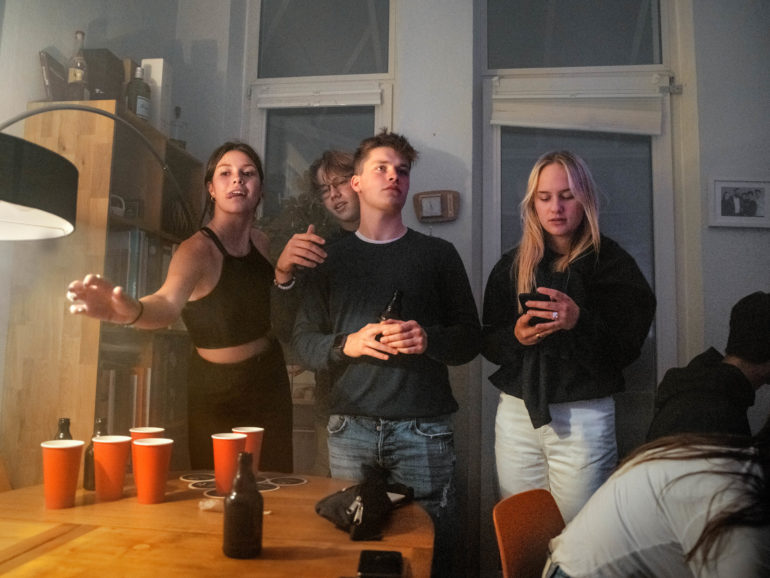
The Phoblographer: At what stage during the pandemic did you realize you wanted to document the effects of the new daily routines we had to become accustomed to? What was that moment which kickstarted the project?
Valentin Goppel: Like many, I had started taking pictures of my flatmates at the beginning of the pandemic, as they were the only people you could take pictures of. At some point, I had my first call with the German newsweekly “DIE ZEIT,” which set me on the task of taking pictures of my generation in times of corona. At that point, I really grasped the importance of the tiring life of my flatmates and me under lockdown.
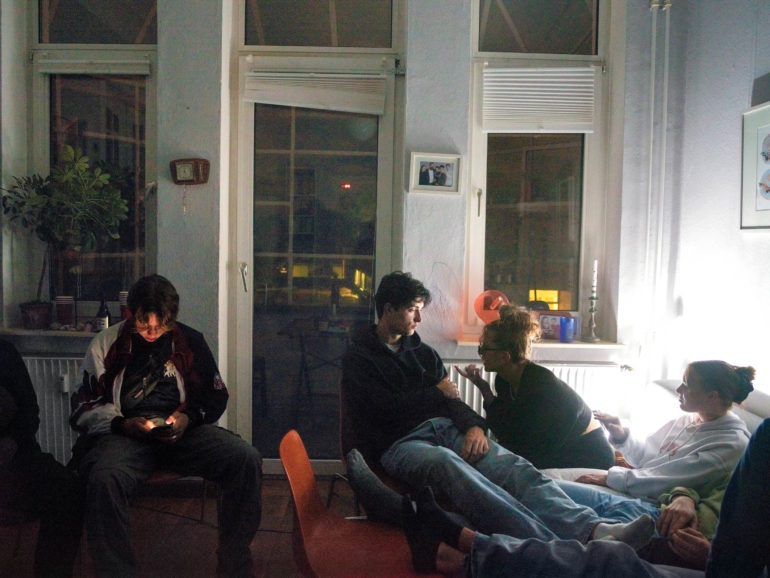
The Phoblographer: Tell us some of the changes you and your family had to make to try and keep your spirits up during the initial stages of the lockdown.
Valentin Goppel: I had nearly no contact with my parents at the beginning of the pandemic. The pandemic seems to have the effect of bringing inner demons to light that had been hiding. For me, that also meant that I finally started to comprehend and work on the broken relationship with my parents.
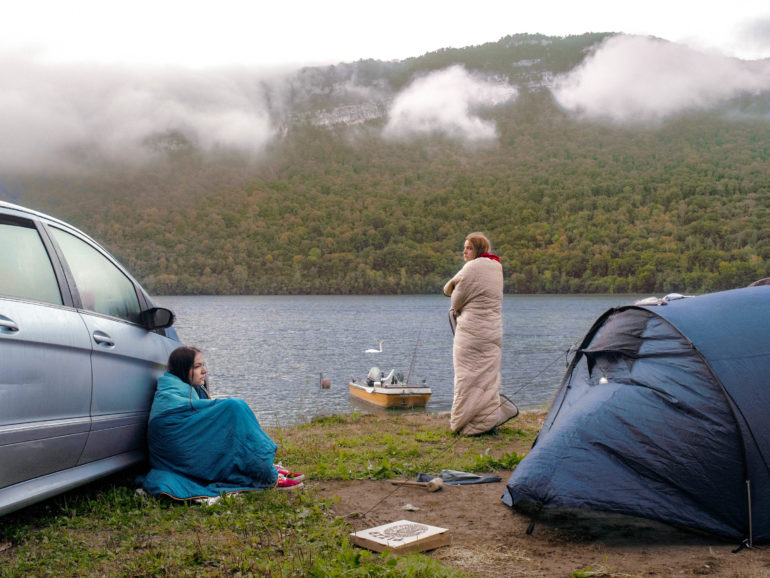
So the pandemic really didn’t mean spending more time with my family, but rather spending less time with them. (Which, in my case, was healthier!)
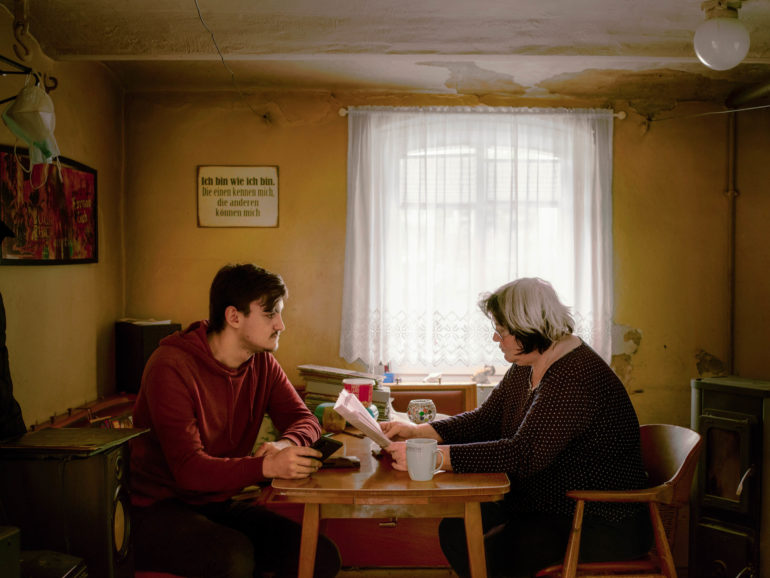
The Phoblographer: We became detached from our regular lives, but we probably became closer to those around us, especially family. Did you experience this as well and document the same?
Valentin Goppel: I instead got closer to my friends from the past and grew apart from newly won friends that didn’t grow roots yet. For me, that meant isolation within my home, my flatmates and I got into family-like structures of dependence that gave strength and were exhausting.
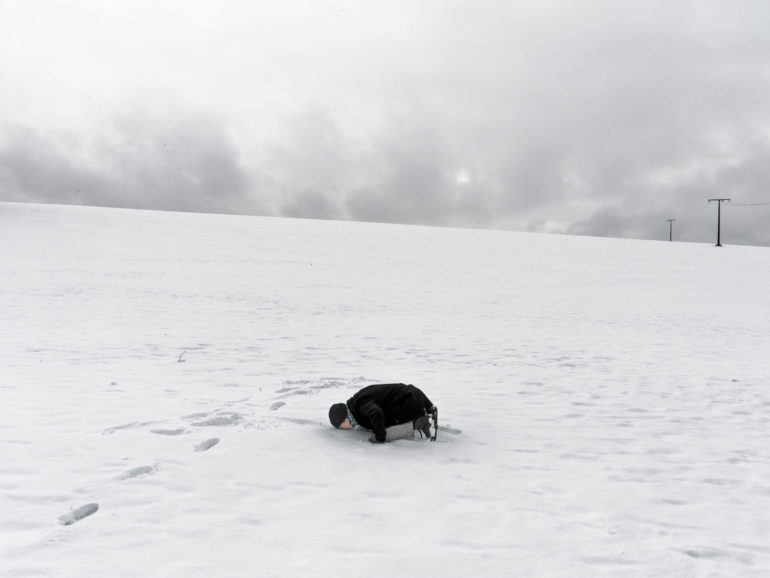
The Phoblographer: You were just out of your teens when you began this project. The jump into adulthood couldn’t have come at a worse time. How did that transition affect the way you approached your photographs of this series?
Valentin Goppel: The photographs functioned as my way to process the changes happening within me. At the start of the pandemic, I fell into a depression. I began therapy and have since been trying to find ways of helping myself find a firm grip, a solid ground.
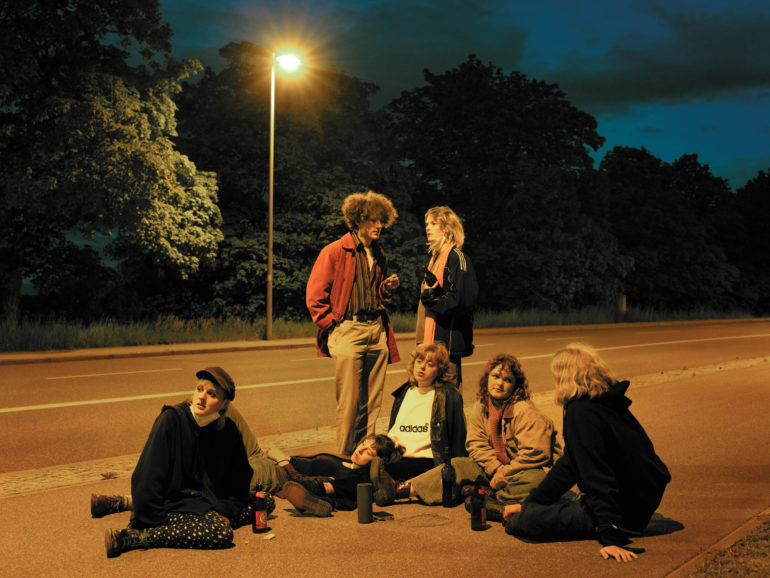
The photographs were part of my way of doing that, giving a form to intuitions and fears that otherwise would have been diffuse.
I did not only take pictures of my friends but also of my parents (and will be continuing to do so)
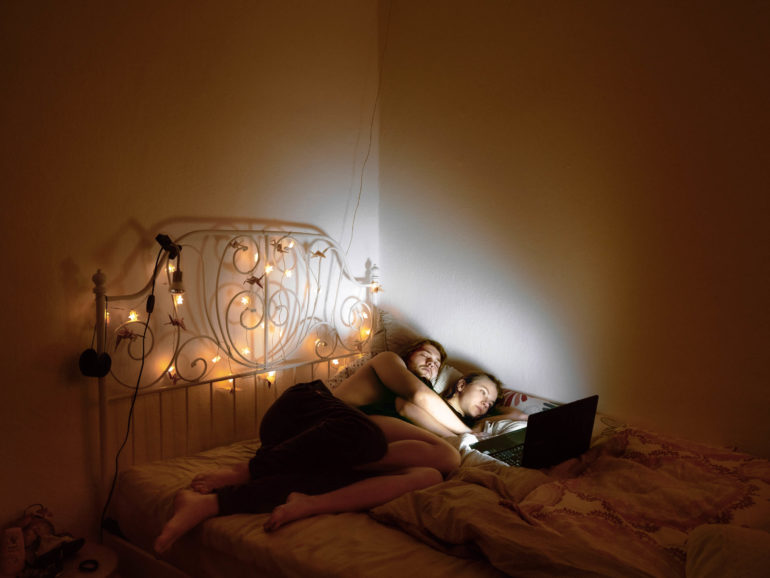
The Phoblographer: Tell us some of the more painful stories you observed while photographing this series. And some of the happiest ones too.
Valentin Goppel: The most beautiful moment might have been when I accompanied two friends on a walk through the forest during the lockdown. The picture didn’t end up in the edit, but I often think of the moment. They were sitting on a log and, at some point, forgot about me and my camera. They started talking about their friendship and the importance the other has in their lives. They talked about never letting each other go and wanting to stay together for the rest of their lives. About the will to move with the other, always living in the same cities…
I was very moved and remembered having similar confessions of love with my best friend from school days. We lost connection over the past years, going very different ways. The experience of a slowly fading friendship might be another part of growing up.
The photographs functioned as my way to process the changes happening within me. At the start of the pandemic, I fell into a depression.
The picture below is not the picture I took in that moment. This one did end up in the edit. I took it a few months later, in a similar scene, when I accompanied two other friends also taking a walk in the woods. It might just be my own interpretation of the first scene.
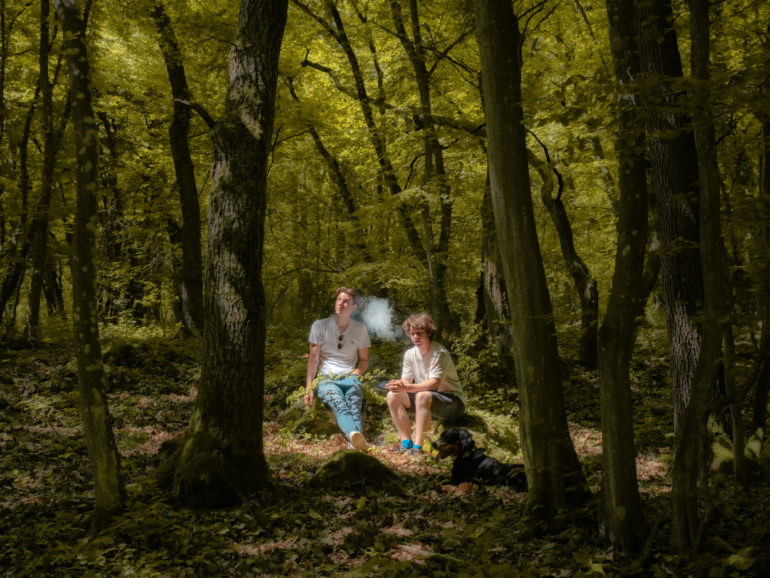
The photos I make are always formed under my subjective experience.
They could never not be – as I am the one that decides to push the button when it feels right to me.
That perception frightened me at first, but for my project, between the years“ it meant great freedom. My goal is truth. If it feels right, I can use tools of staging to get as close as possible to my perception of it. I observe, translate and want others to understand.
The Phoblographer: Can we ever disassociate our feelings and emotions from what happened during those two years? Or are we inadvertently going to revisit them time and time again?
Valentin Goppel: In my case, the pandemic was a catalyst for tendencies that were already there. I would not want to disassociate from the depression- but rather find some solid ground.
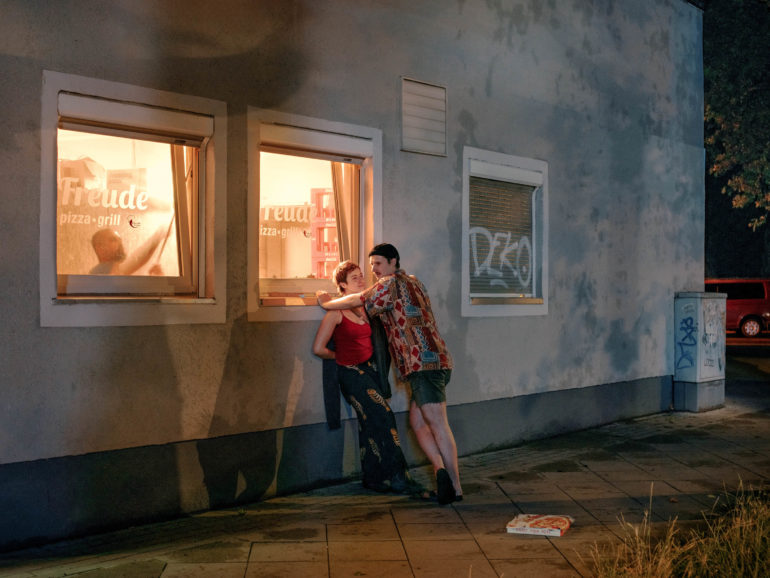
The Phoblographer: With all the uncertainty around us, even after the pandemic slows down, is there much to look forward to for the near future?
Valentin Goppel: I have a poster in my room, a pixelated download rip-off of a British painting I like. It is not pretty or touching; it’s just a big mess of colorful smears and dots in incomprehensible chaos. In the corner, it says, “It’s just one fucking thing after another”
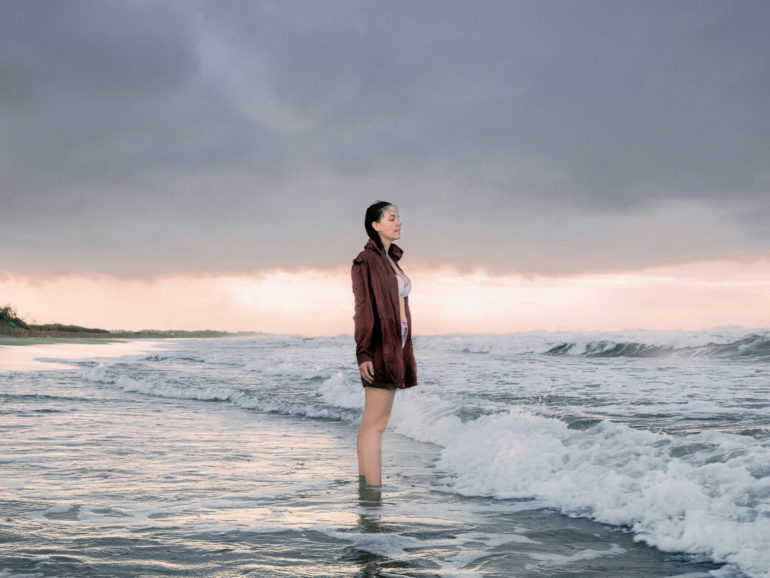
All images by Valentin Goppel. Used with permission. Check out his website and Instagram page to see more of his work.
Want your work to be featured? Click here to see how.
[ad_2]
Source link


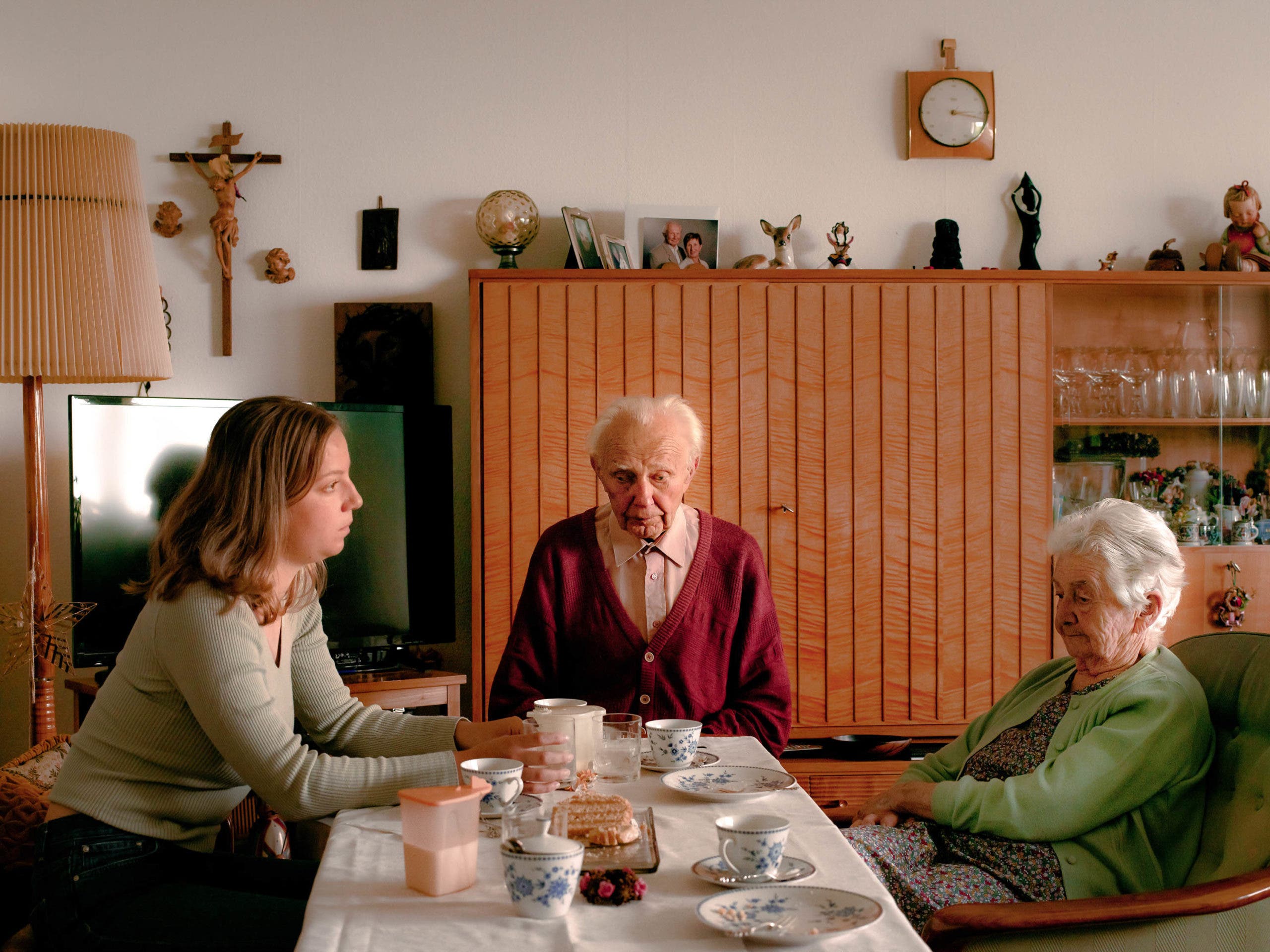
Leave a Reply